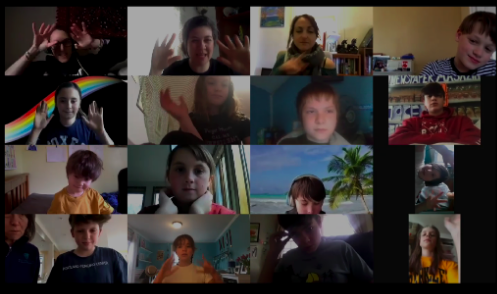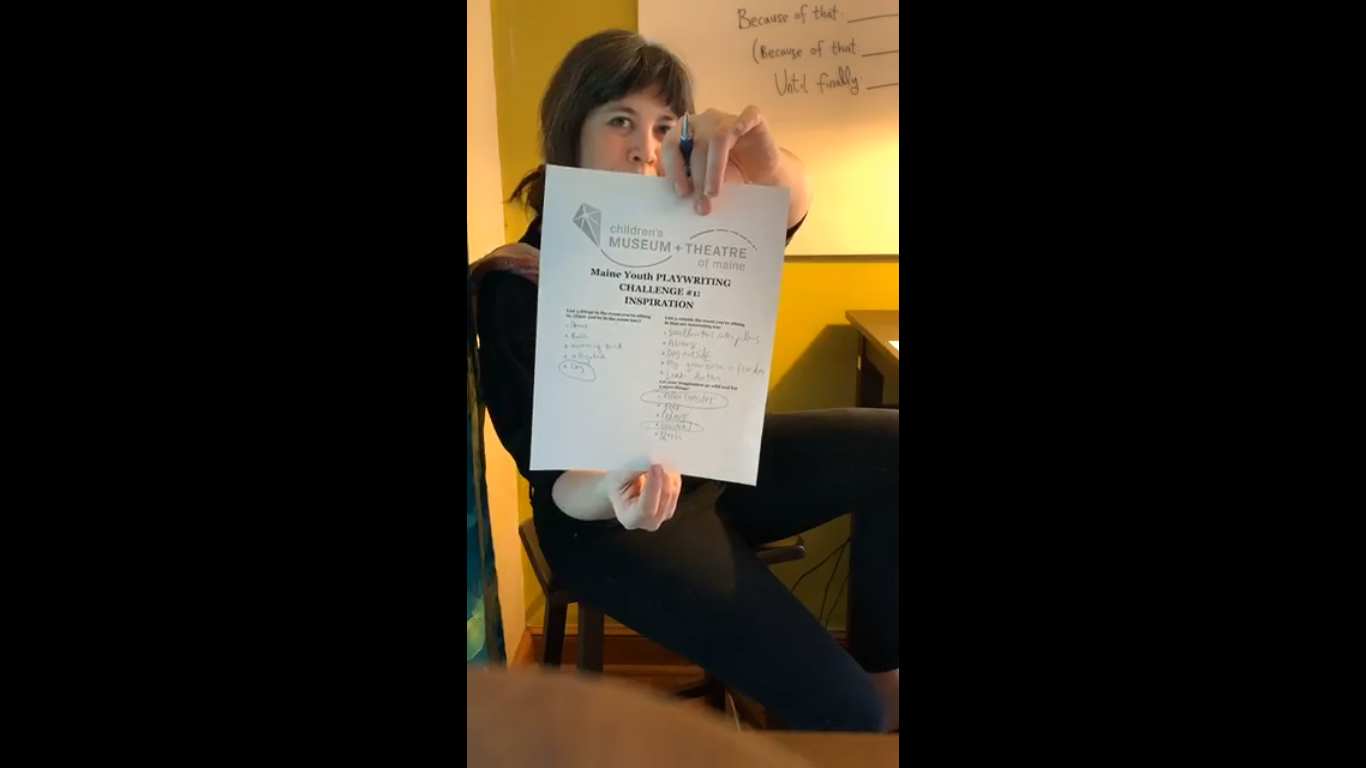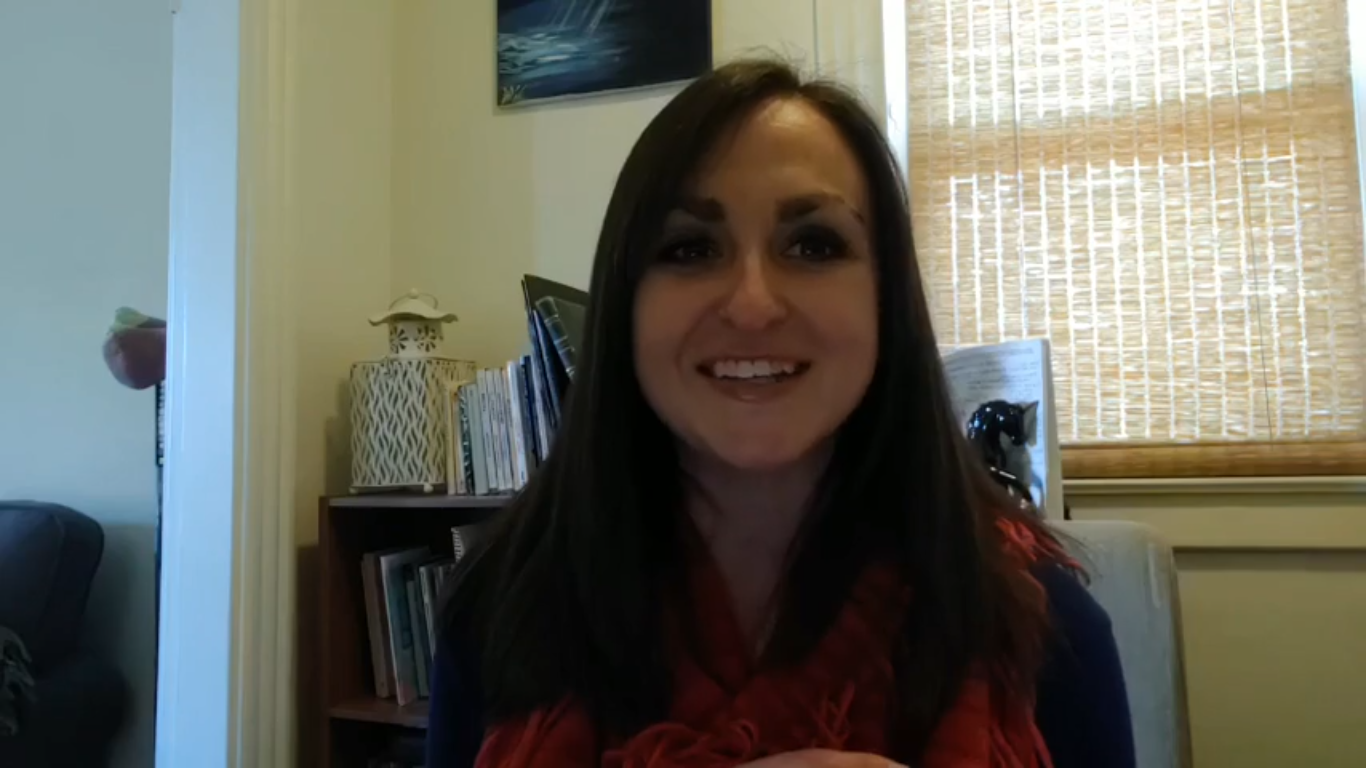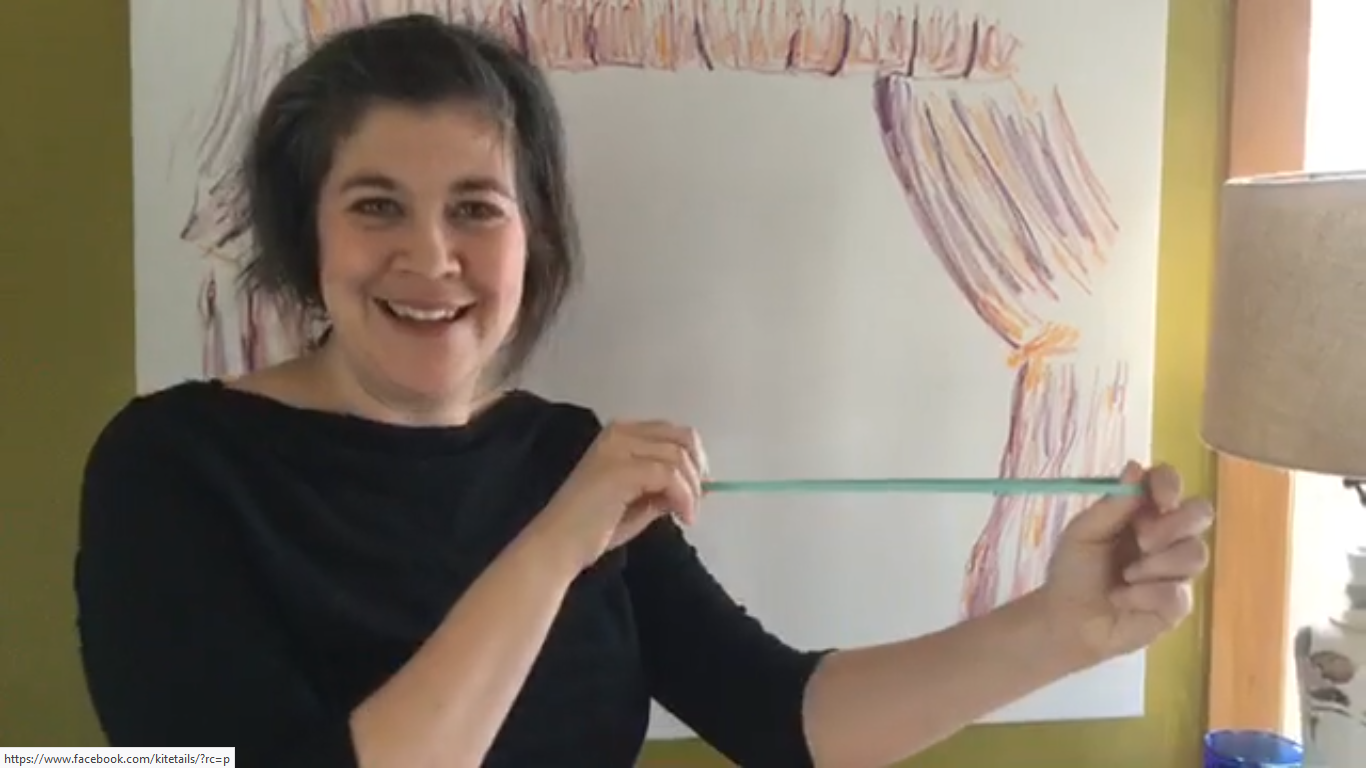Ghost Light Burns Bright at Children's Museum & Theatre of Maine with Maine Youth Playwriting Challenge
Courtesy of Mary Moody Northen Theatre at St. Edward's University in Austin.
Maine Youth Playwriting Challenge Online
The Maine Youth Playwriting Challenge continues and you can still sign up and join us! So far, over 30 youth playwrights from across the state have signed up, and four of them have shared their original plays with other creative young people from across the state via dynamic zoom sessions. Our theatre educators continue to work with each young writer to help them make their goal. We also welcome the teachers who are using our playwriting challenge to support their writing (ELA) and performing arts curriculum.
If you are interested in participating, fill out this form to receive prompts and guidance from our theater staff.
Here’s what happens when you sign up:
Maine Youth Playwriting Challenge writers share their plays via Zoom
You will receive 10 days of video-recorded playwriting challenges that will inspire and guide you, step by step, through the process of writing a play;
You will receive individualized support for writing from one of our playwriting mentors;
You will join a community of young playwrights from all over Maine, and will be invited to join in and participate in educator-led Zoom play readings.
GUIDELINES:
Anyone can participate, so long as you live in Maine and you are under 18.
Plays can be team written (you can co-write a play with a friend through google docs, or even minecraft!)
Playwrights are welcome to work closely with adult mentors if they’d like. (I.e. you can co-write a play with your dad! Or your entire family!)
Click the button below for a worksheet to help you get started with script formatting, then follow along with our theatre educators as they walk you through the process of writing a play in ten days!
PLAYWRITING SESSIONS
How do you know what to write about? Today, we’ll talk about how inspiration is all around you: from imagining your pets could talk, to wondering what if there was life on Mars. We will try a whole bunch of inspirational prompts, hear some inspirational wisdom from famous playwrights, and talk you through the hardest part of writing a play: getting started! #cmtmplaywritingchallenge
Hosted by Reba Askari
Download the Inspiration Worksheet Here
Who are your characters? What are their biggest dreams? What are their secret desires? What do they want more than anything else? The further you dig into your character’s hopes, wants and needs, the stronger your play will become. Today, we will talk about how to develop compelling characters and take a look at characters we love to hate, and hate to love! #cmtmplaywritingchallenge
Hosted by Allison McCall
Download the Characters Worksheet Here
Where does your play take place? Is your play very real? Does it take place in your living room? Or is your play abstract? Does it take place on a rainbow in the middle of the ocean? Are your characters trying to get from one place to another? Are they traveling? Today, we’ll talk about how the environment where your play takes place affects the characters and the story. We’ll explore some really dynamic environments and ask everyone’s favorite question: What if? #cmtmplaywritingchallenge
Hosted by Emily Dixon
Download the Setting Worksheet Here
What happens when your characters talk to each other? What do they say? What do their voices sound like, and what speaking mannerisms do they have? Are you writing comic dialogue, or something more dramatic? As a playwright, how do you find different voices for each character, and tap into your character’s hopes, wants and needs? #cmtmplaywritingchallenge
Hosted by Reba Askari
Download the Dialogue Worksheet Here
Let’s take a look at a few different models of dramatic structure and plot out your play. This will help us find the beginning, middle and end of the story. That way you’ll have a clear direction of where you’re going. #cmtmplaywritingchallenge
Hosted by Allison McCall
Download the Structure Worksheet Here
First, let’s decide if you’re writing a comedy or a tragedy (or something in between). Today, we’ll talk about timing, style and (of course) jokes! #cmtmplaywritingchallenge
Hosted by Reba Askari
Download the Dramatic Structure & Comedy Worksheet Here
Drama is conflict! Someone wants something, and someone stands in their way. Today, we’ll talk about where the conflict lies in your play, and plan some interesting ways to raise the stakes. #cmtmplaywritingchallenge
Hosted by Emily Dixon
Download the Conflict Worksheet Here
Writing a play is all about going back and reading what you wrote. Does it make sense? Are you true to your characters? What is the spine of your play anyway? How is the setting affecting the choices your characters make? Does your structure make sense? This is the time when playwrights read, and revise, and read and revise again. It’s also the time for hearing your play aloud! So, any volunteers to virtually show and tell? #cmtmplaywritingchallenge
Hosted by Allison McCall
Download the Revising Worksheet Here
How does your play end? What is the feeling you leave your audience with at the end of your play? Is it uplifting? Hopeful? Happy? Do you believe in happy endings? Let’s take a look at some different styles of ending a story. You’ll find one that’s right for you! #cmtmplaywriting
Hosted by Reba Askari
Download the Endings Worksheet Here
Congratulations Playwright! You’ve got a play! You’re probably going to want to read, revise, listen to, repeat, again and again-- that’s what playwrights do. But, let’s talk about the next steps for your play, and how you can work with a director, actors and a dramaturg to finally see your play come to life. #cmtmplaywritingchallenge
Hosted by Emily Dixon
What is a Ghost Light?
Many theaters have a ritual at the end of the night. They leave a ghost light on, which is a single, incandescent bulb that lights a path for anyone working late. There’s superstition around this ritual–some say it’s to keep theatre ghosts happy. We think it’s a symbol of hope. That even if a theatre is empty, even if it’s one night, the theater itself is never dark.
The Children’s Theatre of Maine has been continually performing plays for a young audience since 1924. We are the oldest continuously running children’s theatre in the country! That’s nearly a century of plays for young audiences. While schools are not in session, and while theatres are dark, now is the time for artists to hunker down and turn on the ghost light while we write our stories. Join the Maine Youth Playwriting Challenge.
The Maine Youth Playwriting Challenge at the Children’s Museum & Theatre of Maine empowers families to:
Write stories
Document our world and the time we’re living in
Join in community
Celebrate the imagination of Maine Youth
The Maine Youth Playwriting Challenge is an online challenge for young playwrights in Maine, to challenge and support each to write a play during this unique time of social distancing. These plays may take many forms, from realistic family dramas to utter absurdity. This challenge will take place while school is not in session and challenge young playwrights to write short plays, focusing on: setting, character, structure and more!
If you would like to support this online educational programming, we welcome a donation of any amount. Thank you!












